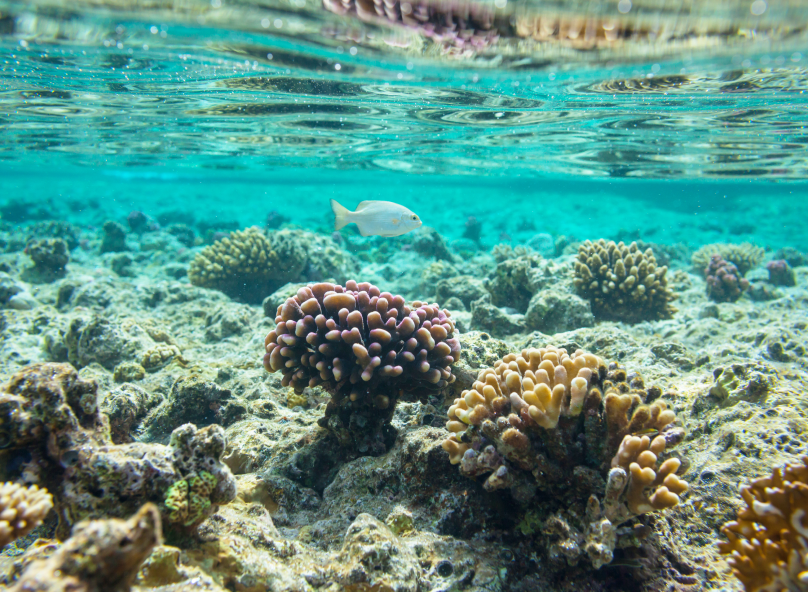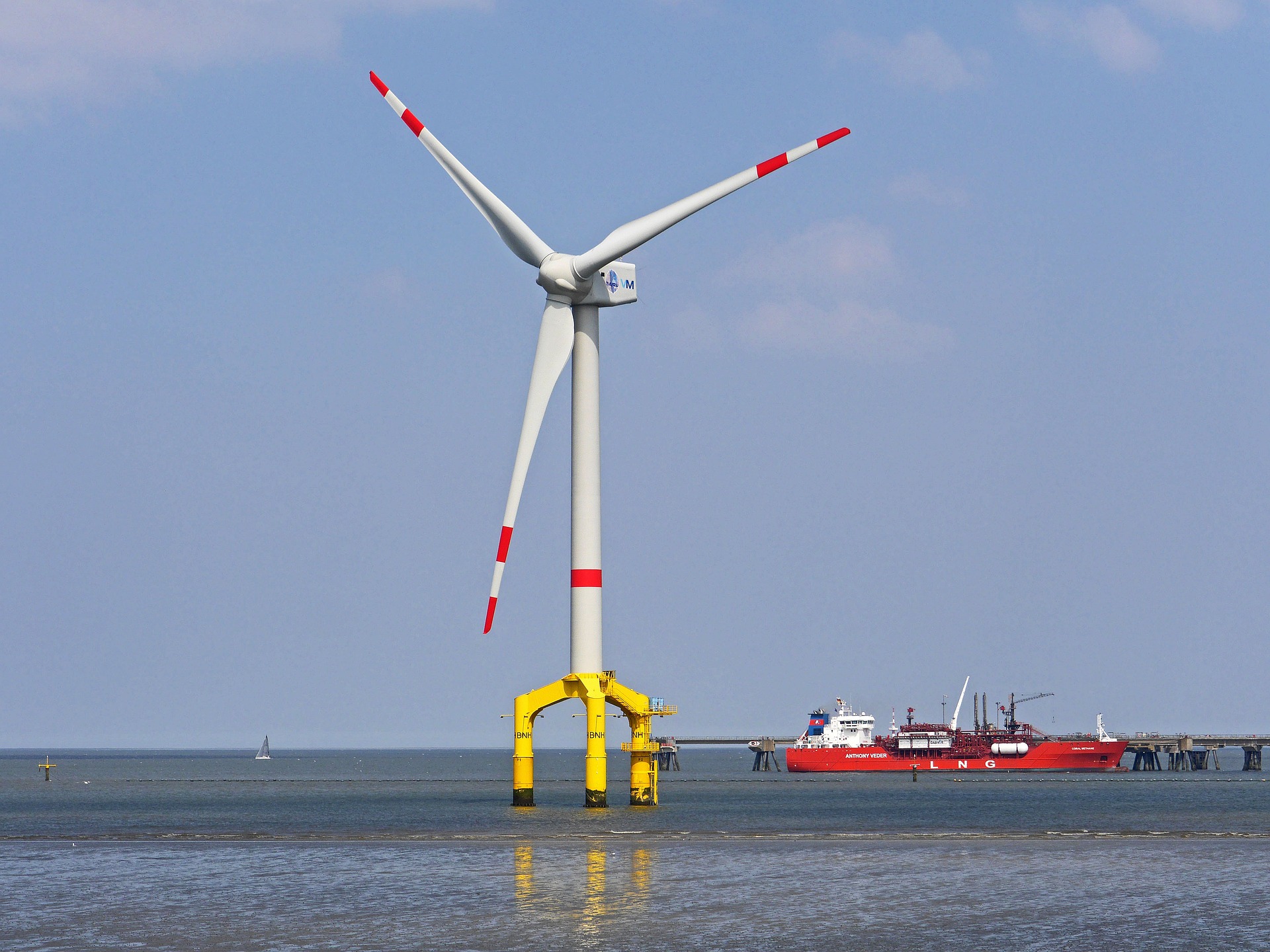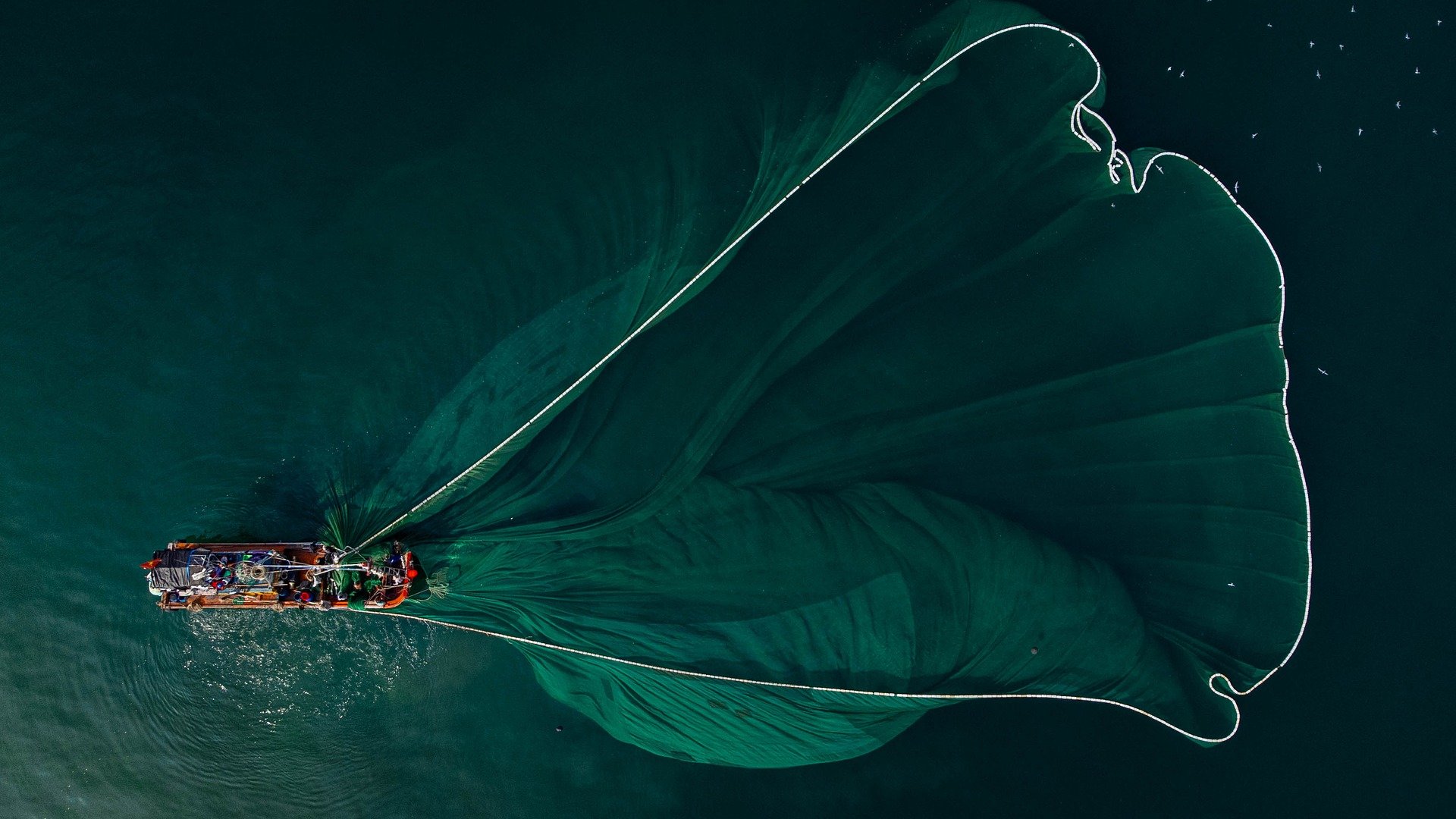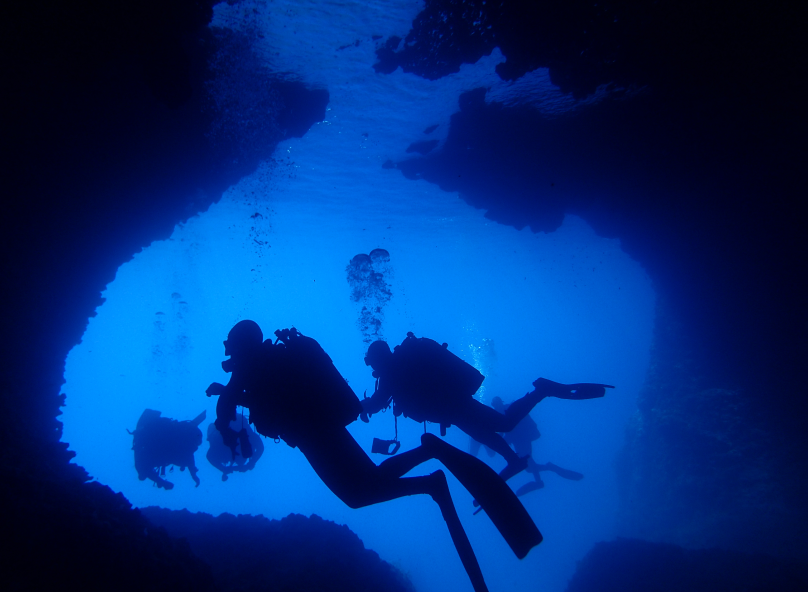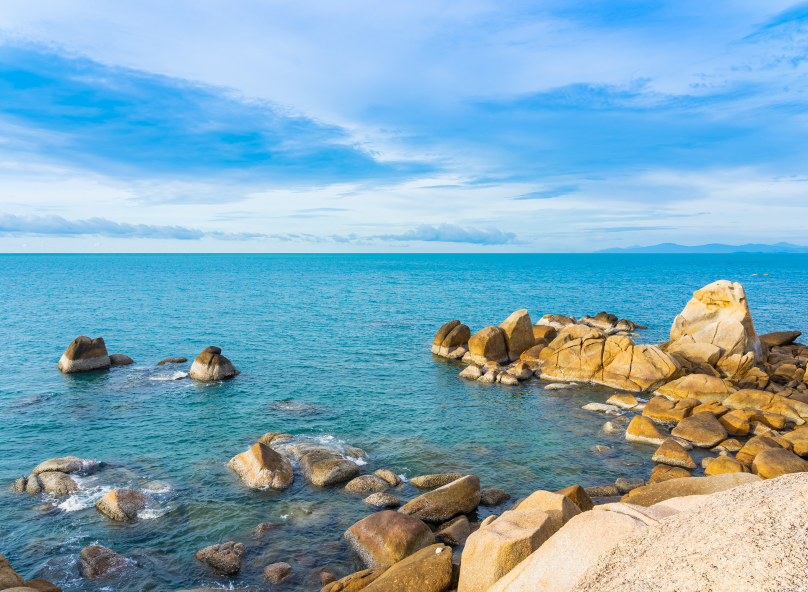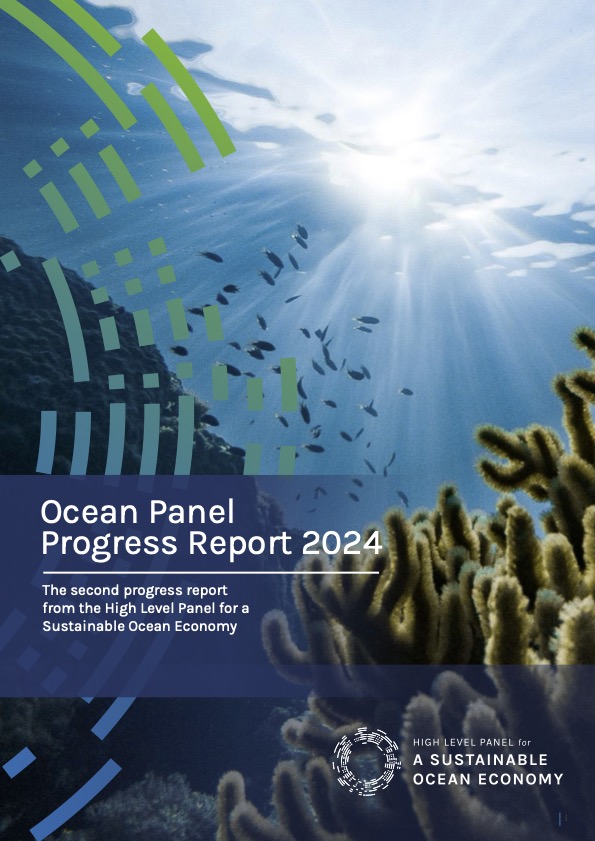Commitments from Ocean Panel member countries were mapped against the Transformations agenda, showing trends from 2017 to 2023
Key Pillars
海洋小组的 转型 agenda outlines a set of ambitious, yet practical recommendations to reshape the way we safeguard and utilise the ocean over the next decade—and ultimately manage humanity’s impacts on it—through transformative actions across these 5 key pillars.
一个dditionally, the relevance and significance of the Ocean Panel’s 转型 agenda does not stop at the shoreline. The agenda directly aligns with the Paris Agreement, the UN Sustainable Development Goals, and 85 percent of the targets of the Convention on Biological Diversity’s Post-2020 Global Biodiversity Framework.
2023 Showed Increases Across All Pillars by Percentage
Building on the 2022 Progress Report, the Ocean Panel is continuing to make significant progress across all five pillars, with a higher number of voluntary commitments and a greater range of commitments across previously overlooked themes.
财富
健康
公平
知识
金融
Encouraging Progress
A comparison of the commitments made each year against the five areas of the Ocean Panel’s 转型 agenda indicates that ocean health priorities are being increasingly complemented with commitments for sustainable production, with intensifying efforts on equitable and inclusive ocean economy.
Continued Assessment
Ocean Panel commitments made at the Our Ocean Conference and the UN Ocean Conference will continue to be tracked and progress will be assessed in upcoming progress reports.
Transformations Agenda Outcomes for 2030
The Ocean Panel’s framework consists of a set of 14 outcomes for 2030 across the five pillars and 74 priority actions to achieve them. While Ocean Panel countries have a shared destination in the 2030 outcomes, the priority actions taken by members to achieve these outcomes may vary based on national circumstances, capacity, and priorities.
| 转型 | 2030 年成果 |
|---|---|
|
转型
海洋财富
|
2030 年成果
Sustainable ocean food: Wild fish stocks are restored and harvested at sustainable levels, aquaculture is sustainably grown to meet global needs and waste is minimised and managed throughout the value chain. Sustainable ocean energy: Ocean-based renewable energy is fast growing and on the path to becoming a leading source of energy for the world. Sustainable ocean-based tourism: Coastal and ocean-based tourism is sustainable, is resilient, addresses climate change, reduces pollution, supports ecosystem regeneration and biodiversity conservation and invests in local jobs and communities. Sustainable ocean transport: 航运投资有效地加速了向零排放和低影响船舶的转变。 Sustainable new ocean industries: 对新海洋产业的创新和投资促进了对环境负责的包容性经济增长。 A precautionary approach to seabed mining: 有足够的知识和法规来确保与海底采矿有关的任何活动都以科学为依据并具有生态可持续性。 |
|
转型
海洋健康
|
2030 年成果
Reduced greenhouse gas emissions: 雄心勃勃的气候行动使世界走上了实现《巴黎协定》目标和恢复海洋健康的轨道。 Protected and restored marine and coastal ecosystems: 海洋和沿海生态系统是健康、有弹性和生产力的,基于自然的解决方案是发展沿海基础设施的关键要素。 Reduced ocean pollution: 海洋不再是污染的汇点,海洋死区被最小化。 |
|
转型
海洋股票
|
2030 年成果
Equal opportunity to benefit from the ocean: 人们可以公平地获得海洋资源,利益得到公平分配,最脆弱的人免受伤害风险。 |
|
转型
海洋知识
|
2030 年成果
Strengthened ocean literacy and skills: Through the United Nations Decade of Ocean Science, ocean literacy has been enhanced worldwide. People understand the value of the ocean and have acquired the skills and knowledge to participate in the sustainable ocean economy. The value of the ocean is accounted for: 影响海洋的决策反映了海洋自然资本的价值和影响。 Ocean science, technology and data are harnessed: 一场全球共享的数据革命为全球的可持续海洋管理做出了贡献。 |
|
转型
海洋金融
|
2030 年成果
Sustainable ocean finance: 所有人都可以获得可持续的海洋金融,并推动生态可持续和社会公平的经济增长。 |

